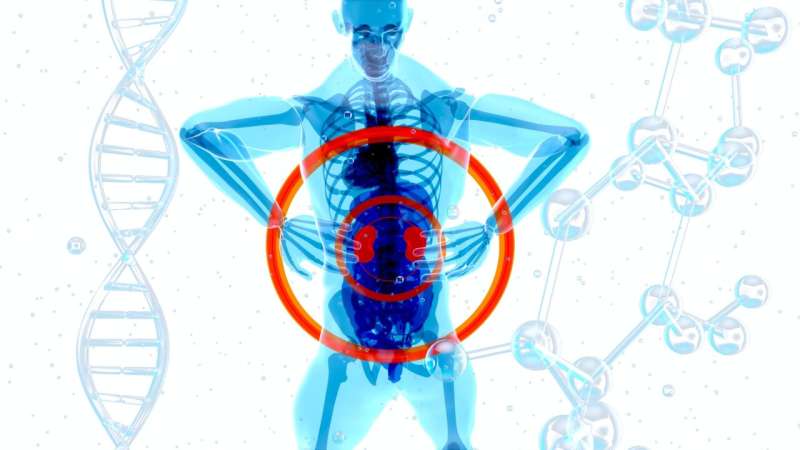Why Antibiotic Resistance Threatens Global Health Like Climate Change

Antimicrobial resistance (AMR) is a rising global health threat comparable to climate change, requiring international cooperation and innovative research to slow its progression and develop new solutions.
Antimicrobial resistance (AMR) represents one of the most pressing challenges facing global health today. As biochemist and microbiologist Markus Seeger explains, combating AMR requires a unified international effort, similar to the fight against climate change. The misuse and improper administration of antibiotics—such as overuse, incorrect dosing, or unsupervised purchase—have accelerated the development of resistant bacteria. This issue can only be slowed, not halted, and transcends national borders. The crisis is exacerbated by significant gaps in research and development of new antibiotics, a problem worsened by pharmaceutical companies withdrawing from antibiotic R&D due to limited profitability. AMR is increasingly affecting countries like India, Russia, and parts of Southern Europe, where resistant infections are now commonplace, signaling that the post-antibiotic era may already be beginning for many regions.
The comparison to climate change underscores the human-made nature of the crisis. Both problems are evolving steadily and are easy to dismiss as distant concerns. However, countries like Switzerland demonstrate how expertise, resources, and high research standards can make a difference—especially when focused on high-impact areas like India. International cooperation and knowledge exchange are crucial, as exemplified by initiatives like the Indo-Swiss AMR Innovation Dialogue. This bilateral forum brings together researchers, healthcare professionals, industry representatives, and policymakers from both countries to foster collaboration and share insights.
The dialogue format emerged from a spontaneous LinkedIn exchange and was soon realized with support from Swissnex India. The event in Bengaluru in 2023 and subsequent meetings in Zurich have led to stronger partnerships, joint research projects, and increased funding opportunities. Success hinges on open communication, mutual respect, and belief in shared solutions. Personal commitment from scientists like Seeger involves investigating bacterial resistance mechanisms, developing rapid diagnostic tools, and advancing targeted antibiotics.
International exchange plays a vital role in addressing AMR. Scientific collaborations, conferences, and bilateral dialogues help break down disciplinary barriers and consolidate efforts. These efforts are essential for developing new therapies, improving monitoring systems, and tackling the complex pathways through which resistance spreads. As Seeger highlights, fostering trust, building networks, and encouraging transparency are the key ingredients for impactful cooperation in this global fight.
Source: https://medicalxpress.com/news/2025-07-qa-antibiotic-resistance-global-problem.html
Stay Updated with Mia's Feed
Get the latest health & wellness insights delivered straight to your inbox.
Related Articles
Final Results Confirm Effectiveness of Two-Drug Therapy for Advanced Kidney Cancer
A comprehensive five-year clinical trial confirms the long-term effectiveness of the pembrolizumab plus axitinib combination in treating advanced kidney cancer, offering new hope for improved survival outcomes.
Recovery Progress and Ongoing Challenges for Maui Residents Post-Wildfires
Two years after Maui's wildfires, recent research highlights progress in recovery alongside ongoing health and housing challenges, emphasizing the need for sustained support and community-driven solutions.
Innovative Marker FXYD2 Enhances Identification of Functional Stem Cell-Derived Islets for Diabetes Treatment
A new discovery of the FXYD2 marker improves the identification of functional stem cell-derived islets, advancing diabetes cell therapy accuracy and safety.
Dementia Diagnosis Delay: Averaging 3.5 Years from Symptom Onset
A new study reveals that dementia is diagnosed approximately 3.5 years after the initial symptoms appear, highlighting the urgent need for improved early detection strategies worldwide.



